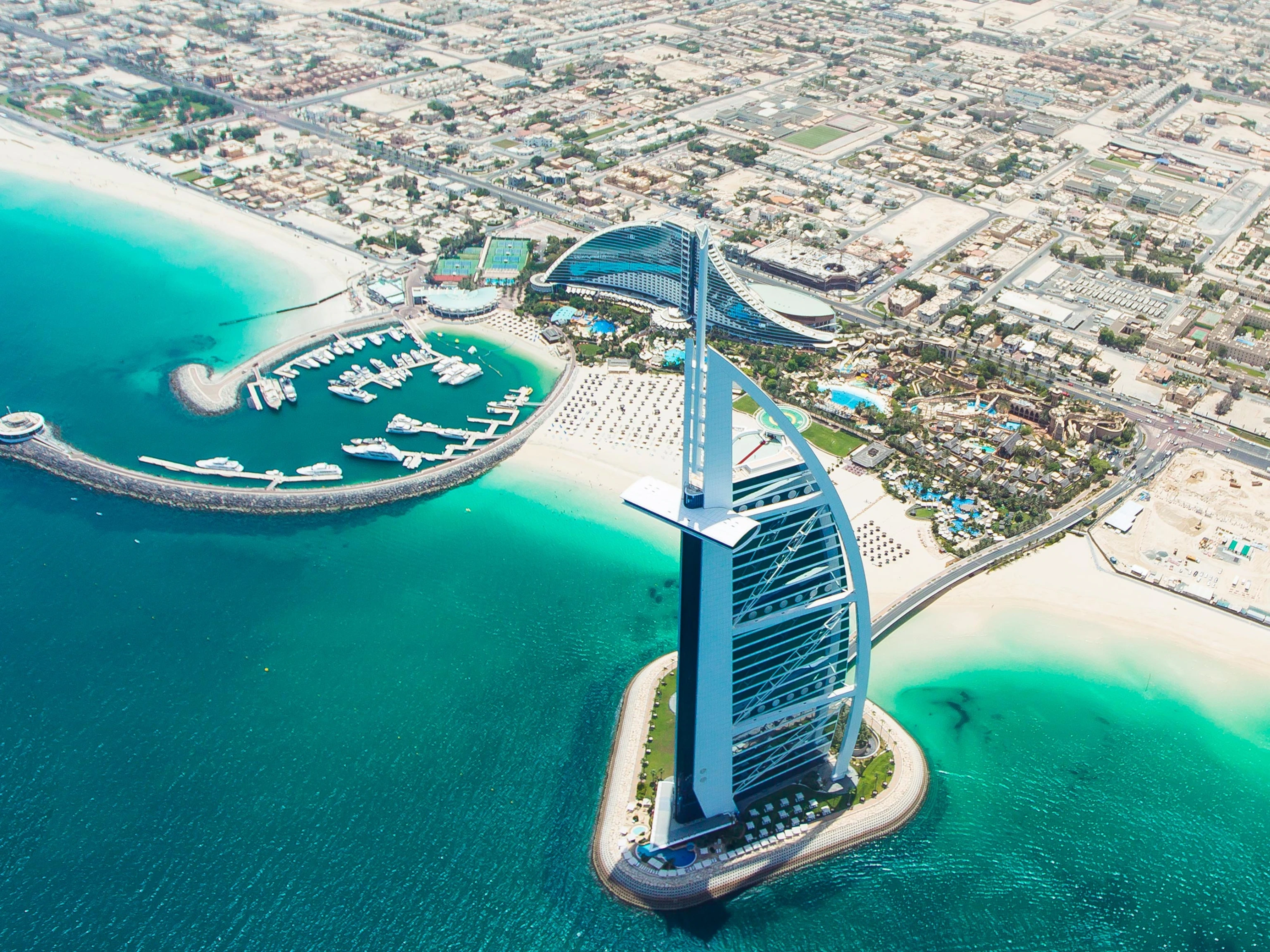
Introduction
Dubai's real estate market has been on an upward trajectory, with remarkable transaction levels and substantial increases in both sales prices and rents over the past year. As we step into 2024, the debate between renting and buying becomes more pertinent than ever. In this blog, we'll explore why opting for homeownership through a mortgage can be a financially savvy decision for tenants in Dubai, leveraging the current market dynamics to their advantage.
Rental Pressures Driving Ownership
Rising rent prices have become a primary catalyst for residents to explore homeownership. Projections indicate a staggering 20% increase in rents this year, with certain areas witnessing unprecedented hikes of up to 66%. This surge in rental costs is prompting tenants to reconsider their long-term housing strategies.
Financial Benefits of Buying vs. Renting
- Building Equity: Rent payments offer no return on investment, while mortgage payments contribute towards homeownership, gradually building equity in a tangible asset.
- Predictable Payments: Fixed-rate mortgages offer stable payments.
- Investment Potential: Real estate historically appreciates over time, offering homeowners the opportunity for capital appreciation and potential profit upon resale.
Mortgage Costs vs. Rental Payments
For instance, in JVC, where average rents stand at AED 80,000 per annum for a one-bedroom apartment, the monthly mortgage payment for a similar property priced at AED 1,000,000 can equate to approximately AED 4,400 per month, considering a 20% down payment, 25-year loan term, and interest rate of 4%.
Changing Tenant Behavior
Tenant behavior is undergoing a noticeable shift in response to escalating rent costs. Real estate agencies observe a trend where tenants are downsizing or relocating to more budget-friendly locales to mitigate financial strain. Some residents are even opting to depart the emirate altogether in pursuit of more affordable housing options.
Pressure on Tenants and Landlords
Landlords are leveraging recalibrated rental index calculators to capitalize on the buoyant market conditions. Upon lease renewal, many landlords are seeking the maximum 20% rental increase permissible by law. This puts significant pressure on tenants, compelling them to evaluate their housing choices critically.
For instance, a tenant paying AED 100,000 annually for a two-bedroom apartment may face a renewal offer of AED 120,000, prompting a reassessment of their housing situation and potential exploration of homeownership.
Market Outlook and Long-Term Financial Considerations
Dubai's real estate market remains resilient, with a surge in investor activity and over 34,000 transactions recorded in the first quarter of 2024 alone. This robust market outlook, coupled with the allure of property ownership, is enticing residents to consider long-term financial stability through real estate investment.
For residents in higher income brackets, the decision to buy is often driven by the desire to build equity and secure financial independence. While the upfront costs of purchasing property may seem daunting, the prospect of stable monthly mortgage payments and potential capital appreciation over time outweigh the uncertainties associated with renting.
Conclusion
As Dubai's real estate landscape continues to evolve, residents are confronted with a pivotal choice between renting and owning. With rent prices on an upward trajectory and mortgage payments becoming increasingly competitive, the transition from renting to homeownership is no longer just a financial aspiration but a practical reality. In this dynamic market environment, the decision to invest in property offers not only a secure shelter but also a pathway to long-term financial prosperity.